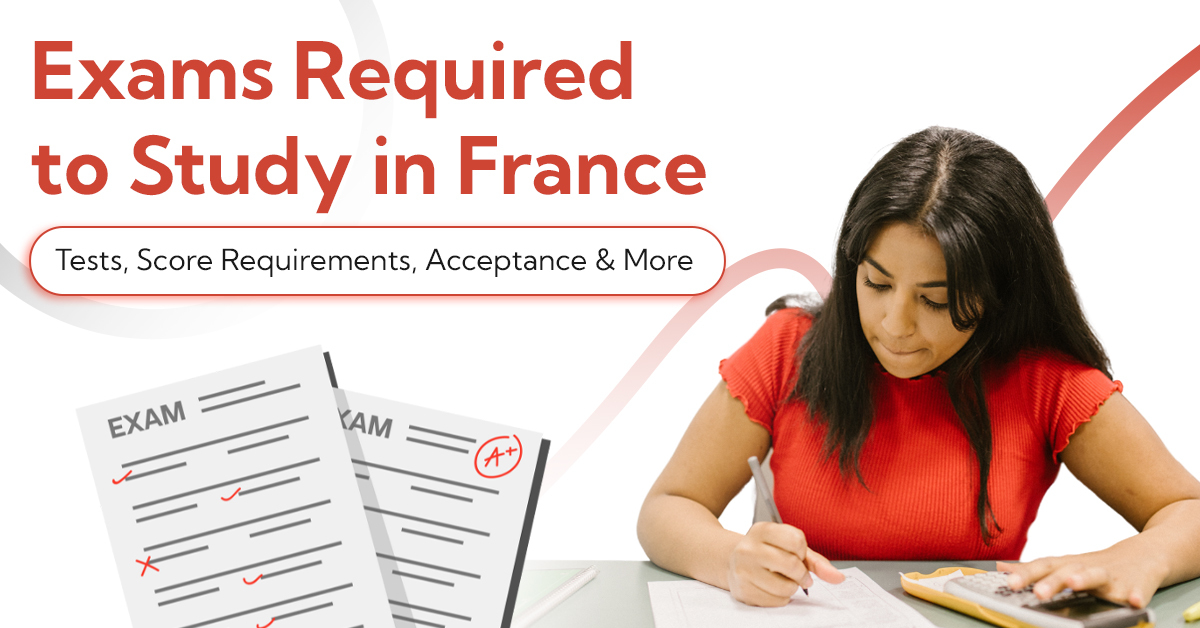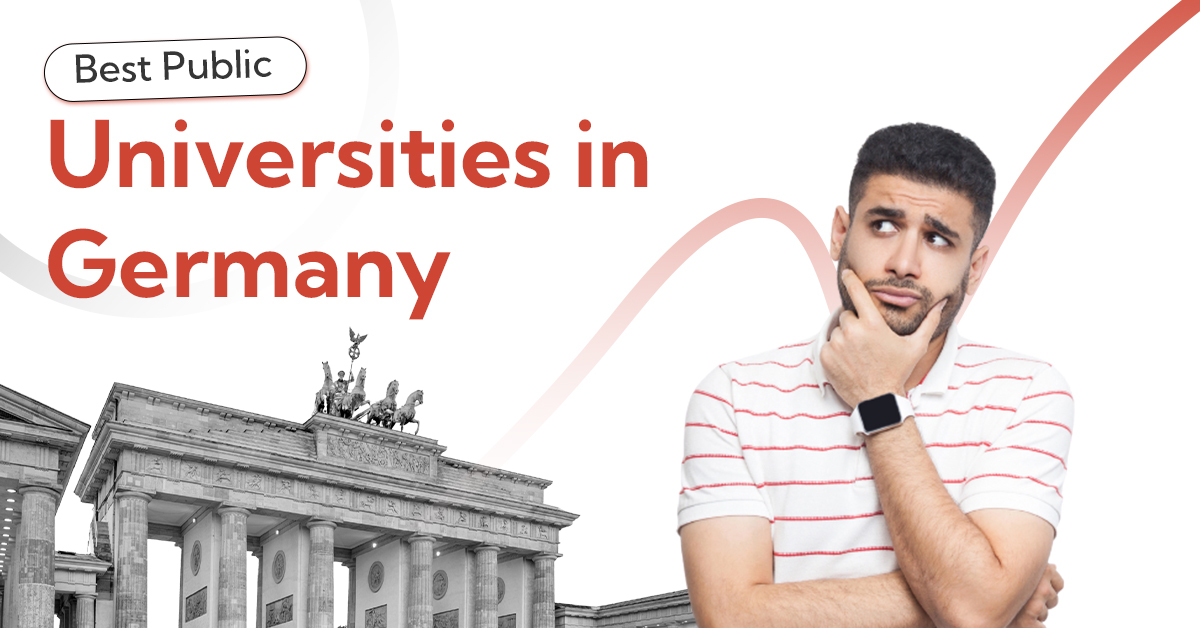Upgrade Your Skills with a Master’s in Ireland
Earn a globally recognized degree while studying in a vibrant, student-friendly country. Build your network and explore exciting career opportunities.
What are you looking for?
Hey, we’d like to know you better too!
Talk to our counsellor
High-quality education and multicultural experiences await students who choose to study for their masters in Ireland. Trinity College Dublin and University College Dublin are some of the top universities that deliver master’s programs. Every year Ireland accepts more than 24,000 students from all around the globe. The Irish education system focuses on conducting research and developing innovative approaches. Students can participate in modern-day projects at their educational institutions. Studying in Irish cities allows you to enjoy both productive educational pursuits and lively recreational opportunities. Studying for your master’s degree in Ireland leads to acquiring valuable learning opportunities.
Why Pursue a Master’s in Ireland as an Indian Student?
There are several reasons to study master’s in Ireland as an Indian student:
- Top-Quality Education: Ireland is home to world-class universities like Trinity College Dublin and University College Dublin, ranked among the top 1% globally.
- Affordable Tuition Fees: Master’s programs in Ireland cost between €10,000 and €35,000 per year, which is more affordable compared to the UK and the US.
- Post-Study Work Opportunities: Indian students can stay back for up to 2 years after graduation under the Third Level Graduate Scheme to find employment.
- Global Career Prospects: Ireland is a hub for multinational companies like Google, Apple, and Microsoft.
- Scholarships for Indian Students: Universities and the Irish government offer scholarships covering up to 100% tuition fees.
- English-Taught Programs: Unlike many European countries, Ireland offers all master’s programs in English.
- Safe & Student-Friendly Environment: Ireland ranks among the top 20 safest countries in the world.
Eligibility and Admission Requirements
Document Checklist
Below are the general documents you will need to enrol in a Masters’s program in Ireland:
- Academic Transcripts
- Proof of identity
- Statement of Purpose
- Proof of loan sanction or scholarship
- CV
- Letter of Recommendation
- Passport-size photographs
- Passport
- Work experience if required
Popular Ireland Master’s Programs
| Courses | Tuition Fees per year |
|---|---|
| Business Administration (MBA) | €9,000 to €15,000 |
| Engineering | €10,000 to €20,000 |
| Computer Science | €10,000 to €20,000 |
| Healthcare | €10,000 to €15,000 |
| Finance | €10,000 to €15,000 |
| Environmental Science | €10,000 to €15,000 |
Cost of Studying for Master's in Ireland
The cost of studying for a Master’s degree in Ireland typically ranges between €12,000 and €30,000 per year.
Cost of Living in Ireland
The cost of living in Ireland depends on the city you live in. Below is a breakdown of the average living costs for international students:
| Particulars | Average Expense |
|---|---|
| Overall Expense | €1,200 – €1900 |
| Mobile Phone Monthly Plan | €20.73 |
| Personal Expenses (Social/Sports) | €200 – €300 |
| Utilities (Electric/Gas/Refuse/Water/Garbage) | €200 – €225 |
| Food | €200 – €300 |
| Travel (Monthly Bus Ticket) | €100 |
| Textbook & Materials | €75 |
Accommodation Costs in Ireland
Accommodation is one of the biggest living costs in Ireland. Below we have mentioned different types of costs along with their costs:
| Expense | Average Cost Range per Month |
|---|---|
| On-Campus Accommodation | €800 – €900 |
| Private Complex | €1200 – €1,500 |
| Shared Apartment | €650+ (bills not included) |
Scholarships for Master’s in Ireland
Ireland offers several government programs, and university scholarships. Some of them are listed below:
Government Scholarships
- Government of Ireland International Education Scholarship (GOI-IES)
- Irish Research Council Scholarships
- Fulbright Irish Awards
University Scholarships
- Trinity College Dublin Global Excellence Scholarships
- University College Dublin Global Scholarships
- NUI Galway International Students Scholarships
- University of Limerick International Scholarships
- Maynooth University Scholarships
- Dublin City University International Merit Scholarships
- Cork Institute of Technology International Scholarships
- Technological University Dublin Scholarships
- Waterford Institute of Technology Scholarships
- Royal College of Surgeons in Ireland Scholarships
- Dublin Business School Scholarships
- Griffith College Scholarships
Top Universities and Colleges to study Master’s in Ireland
Listed below are some of the top universities in Ireland:
| University | QS Ranking 2025 |
|---|---|
| Trinity College, Dublin | 87 |
| University College, Dublin | 126 |
| University of Galway | 273 |
| University College Cork | 173 |
| University of Limerick | 421 |
| Dublin City University | 421 |
| Maynooth University | 801 – 850 |
Career Opportunities in Ireland
| Career Opportunities | Salary Package Annually |
|---|---|
| Engineering | € 77,361 |
| Project Manager | € 55,000 |
| HR Business Partner | € 55,000 – 80,000 |
| Chief Information Security Officer | € 180,000 |
| Data Scientist | € 65,000 |
| Chartered Accountant | € 67,000 |
Experts at Transglobal Overseas can tell you about the job opportunities available after a master’s degree in Ireland.
Stepwise Guide to Applying for Postgraduate Courses in Ireland
Getting into your dream university in Ireland takes careful planning. Follow these steps to prepare:
- Find Your Perfect University & Program: Explore official university websites to compare programs, entry requirements, and campus facilities. Shortlist the best options that align with your goals.
- Gather Essential Documents: Get everything ready—academic transcripts, test scores, scholarship proofs, qualifications, and a well-structured CV. Missing documents can delay your application!
- Submit Your Application: Fill out your university’s online application portal, provide accurate details, and pay the required application fees to secure your spot.
- Watch for Offer Letters: Keep an eye on your inbox! Once you receive an offer, confirm your seat by paying the deposit and notifying the university of your decision.
- Secure Your Student Visa: Apply for your student visa at the nearest Irish embassy. Submit key documents, including financial proof, to ensure a smooth approval process.
Student Visa Requirements for Ireland for Masters
You must meet this criteria to obtain an Irish student visa:
- Application form & letter
- Two passport-size photographs
- Current and previous passports
- Letter of Acceptance from a recognized college
- Proof of fee payment to the college
- Proof of academic potential for the course
- English proficiency tests like IELTS, PTE, Duolingo English test, CELA, TOEFL
- Medical Insurance
- Summary and proof of finances
Post-Study Work Visa for Ireland
You will need the following to apply for a Post-Study Work Visa for Ireland:
- Passport
- Irish Residence Permit
- Evidence of degree or letter of confirmation
- Medical insurance
- Stamp 2 Student Immigration Permission
Frequently Asked Questions
Why should I pursue a Master's degree in Ireland?
Pursuing a Master’s degree in Ireland is a good choice because of its high-quality education system, diverse courses, and post-study work opportunities.
What are the most popular Master's programs in Ireland?
Business analytics, Data Science, Computer Science, Marketing, Engineering, and MBA are some of the most popular Master’s programs in Ireland.
How long does it take to complete a Master's degree in Ireland?
A Master’s degree in Ireland usually takes 1–2 years to complete.
Can I apply for a Master's in Ireland without a bachelor's degree?
No, you cannot apply for a Master’s degree in Ireland without a bachelor’s degree. Most universities require a bachelor’s degree in a related field for admission to a Master’s program in Ireland.
What industries in Ireland offer the best job opportunities for graduates?
Healthcare, finance, and legal sectors have some of the best job opportunities for graduates in Ireland.
What funding options are available for Master's students in Ireland?
For Master’s students in Ireland, funding options include:
- SUSI Grant
- University Scholarships
- Program-Specific Grants
- International Student Scholarships
- Student loans
Can I work while studying in Ireland?
Yes, students can work and study in Ireland. Non-EEA students can work up to 20 hours per week during term time and up to 40 hours per week during the holidays.
How long can I stay in Ireland after completing my Master's degree?
After completing a Master’s degree in Ireland, you can stay for a maximum of 24 months to work and look for employment opportunities under the post-study work visa.






